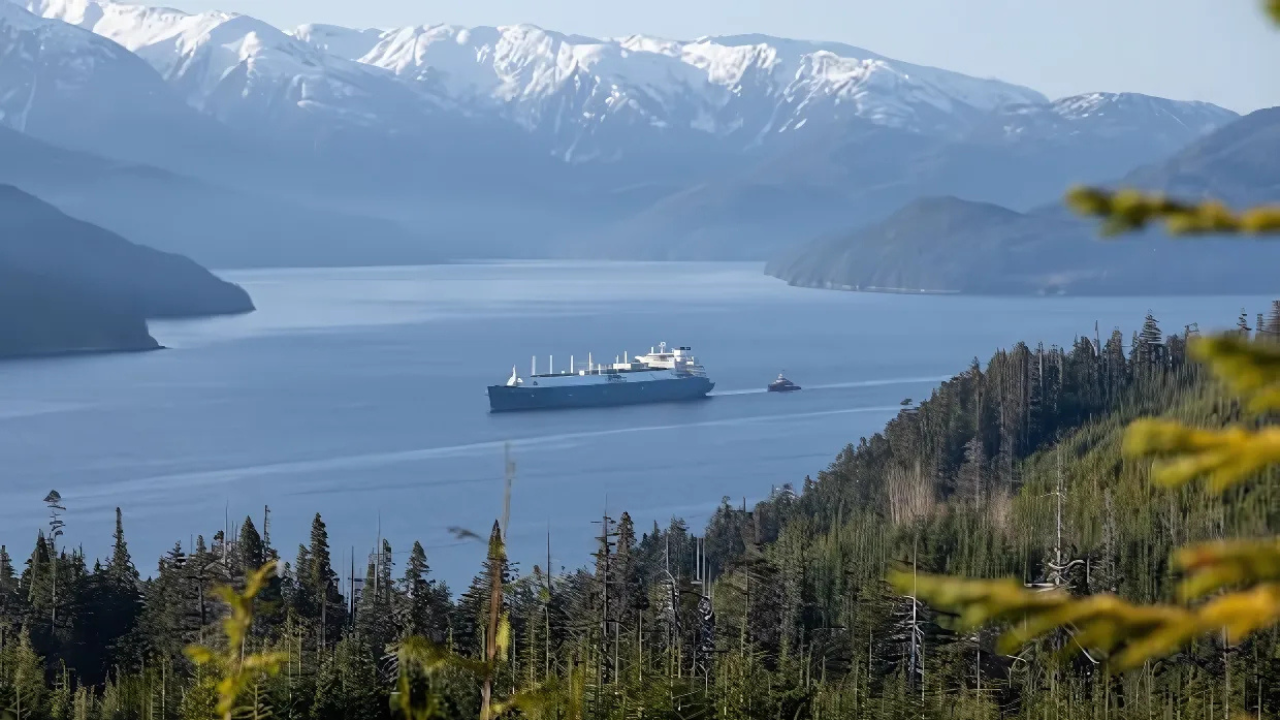
UAE and Yemen Strengthen Legal and Judicial Cooper
UAE and Yemen attorney generals met in Abu Dhabi to strengthen legal ties, enhance public prosecutio

Prime Minister Mark Carney is preparing to launch a bold vision for Canada’s future growth by endorsing five large-scale “nation-building” projects. These projects, which range from energy development to mining and infrastructure, are meant to boost the economy, create thousands of jobs, and support Canada’s climate and trade goals.
According to government sources, the first group of projects being sent to the newly created Major Projects Office includes:
Phase Two of LNG Canada in Kitimat, B.C. – doubling liquefied natural gas production.
Darlington New Nuclear Project in Ontario – building small modular nuclear reactors.
Contrecœur Container Terminal Expansion in Montreal – upgrading the port for international trade.
McIlvenna Bay Copper Mine in Saskatchewan – developing a new mine to supply global demand for copper.
Expansion of the Red Chris Mine in northwestern B.C. – increasing production at a key mining site.
These projects represent industries critical to Canada’s economy—energy, trade, and mining.
Carney is also preparing a second tier of potential projects still in early stages, including:
Wind West Atlantic Energy (wind power in Atlantic Canada)
Pathways Plus Carbon Capture in Alberta
Arctic economic and security corridor
Port of Churchill upgrades
New all-weather roads in Northern Canada
A proposed high-speed rail line between Toronto and Quebec City
This two-tiered approach allows Ottawa to advance projects that are ready, while leaving space for other ideas that need more planning and consultation.
Speaking to Liberal MPs in Edmonton, Carney said these projects will “turbocharge the economy” and create “hundreds of thousands of high-paying careers, from the trades to technology.”
He emphasized that the plan will:
Strengthen Canada’s independence
Open new markets
Diversify exports
Align with Indigenous interests
Advance climate goals
To address concerns about consultation, Carney announced that 11 Indigenous leaders from across Canada will join an advisory council for the Major Projects Office. Their role will be to ensure Indigenous Peoples have equity ownership opportunities and a meaningful voice in managing resources responsibly.
Notably, no oil pipeline projects are included in the first batch. While this sparked speculation, Alberta Premier Danielle Smith said she is not worried, calling the list “evergreening” and pointing out that new projects can always be added.
Smith said the province is still working toward an environment where oil companies are ready to expand. Carney has told Smith that any future pipeline project would require a private developer to take the lead, but so far no company has shown interest.
These announcements are tied to the One Canadian Economy Act (Bill C-5), passed in the spring. The law gives cabinet the power to select certain projects and move them quickly through the regulatory process.
The bill had wide support—Conservatives backed it fully, while the NDP and Bloc Québécois supported provisions to remove internal trade barriers. However, some Indigenous and environmental groups raised concerns about a lack of consultation and the broad powers it grants government.
The government believes these projects will help Canada build a stronger and more secure economy, reduce dependence on imports, and ensure Canadian workers benefit from new industries. They also reflect Carney’s campaign message of “build big, build bold,” which was central to his election platform.
The unveiling of the first five nation-building projects marks a major step for Carney’s government. If successful, the projects could reshape Canada’s energy, mining, and transportation sectors for decades to come. At the same time, they highlight the delicate balance between economic growth, climate responsibility, and respecting Indigenous rights.
As the Major Projects Office begins its work, Canadians will be watching closely to see how fast these plans move from paper to reality.